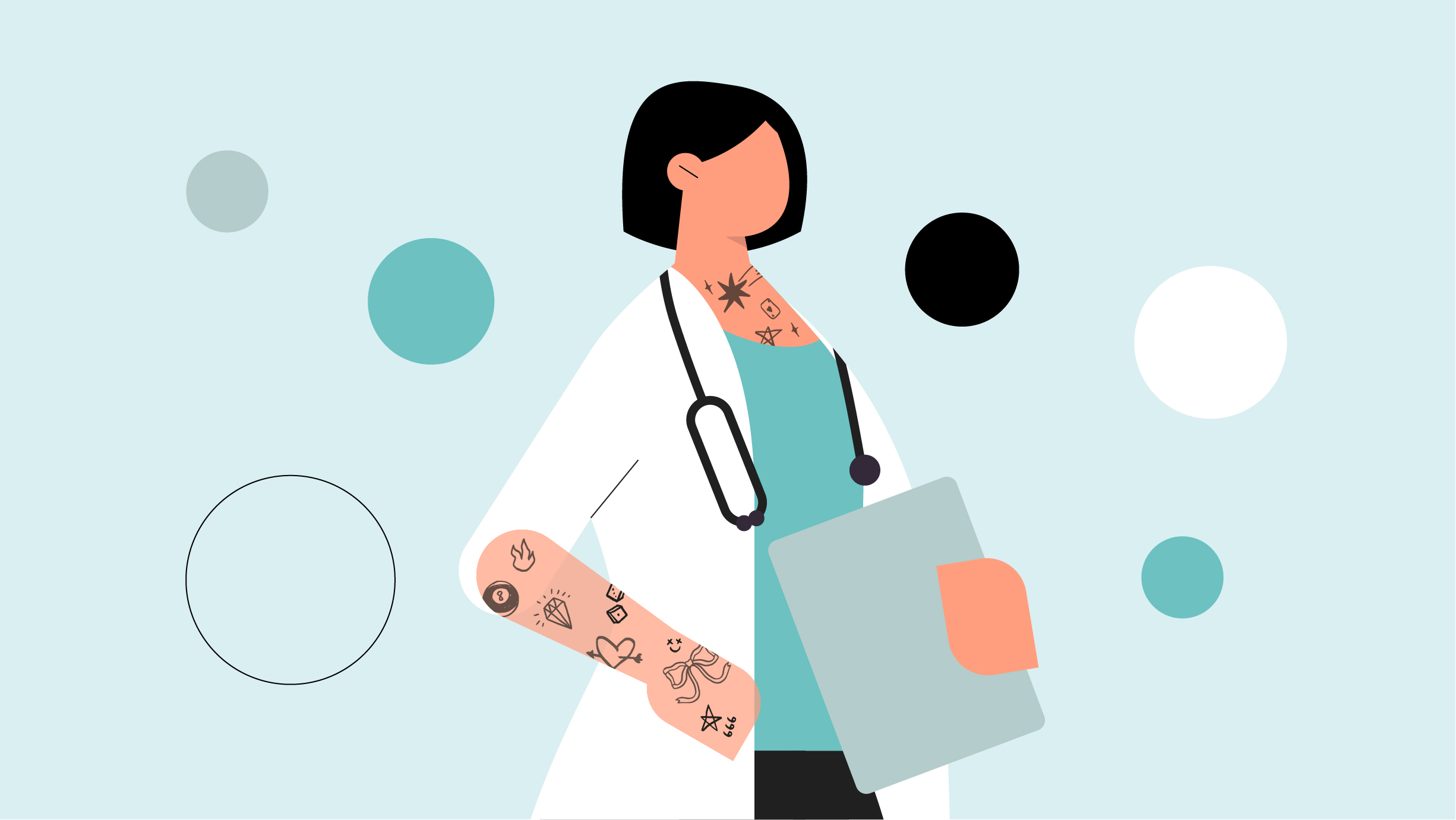What should I tell my care team before I take this medication?
They need to know if you have any of these conditions:
- HIV or AIDS
- Kidney disease
- An unusual or allergic reaction to adefovir, other medications, foods, dyes, or preservatives
- Pregnant or trying to get pregnant
- Breast-feeding
What may interact with this medication?
Do not take this medication with any of the following:
This medication may also interact with the following:
- Certain antibiotics given by injection, such as gentamicin, tobramycin, amikacin, vancomycin
- Cyclosporine
- Dofetilide
- Medications for HIV or AIDS
- Metformin
- NSAIDs, medications for pain and inflammation, such as ibuprofen or naproxen
- Pemetrexed
- Tacrolimus
This list may not describe all possible interactions. Give your health care provider a list of all the medicines, herbs, non-prescription drugs, or dietary supplements you use. Also tell them if you smoke, drink alcohol, or use illegal drugs. Some items may interact with your medicine.
What should I watch for while using this medication?
Visit your care team for regular checks on your progress. Discuss any new symptoms with your doctor. You may need blood work while you are taking this medication.
If you have hepatitis B, talk to your care team if you plan to stop this medication. The symptoms of hepatitis B may get worse if you stop this medication.
Hepatitis B is spread to others through sexual or blood contact. Talk to your care team about how to stop the spread of hepatitis B. This medication will not cure hepatitis B infection, and you can still get other problems associated with your disease or pass hepatitis B to others.
What are the most serious risks of this medication?
If you get or have HIV that isn't being treated, this medicine may increase the chances your HIV infection cannot be treated with some HIV medicines. You should have an HIV test before starting this medicine and if you think you might have been exposed to HIV after starting it.
This medication may affect how well your kidneys work. Your care team will monitor you closely while you are taking this medication.
Do not stop taking this medication without first talking to your care team. The symptoms of hepatitis B may worsen when you stop taking this medication. Your care team will check your liver and general health after treatment is stopped. You may need to take other medications if your hepatitis flares or returns.
This medicine can cause a serious life-threatening condition called lactic acidosis. It can also cause serious liver damage.








